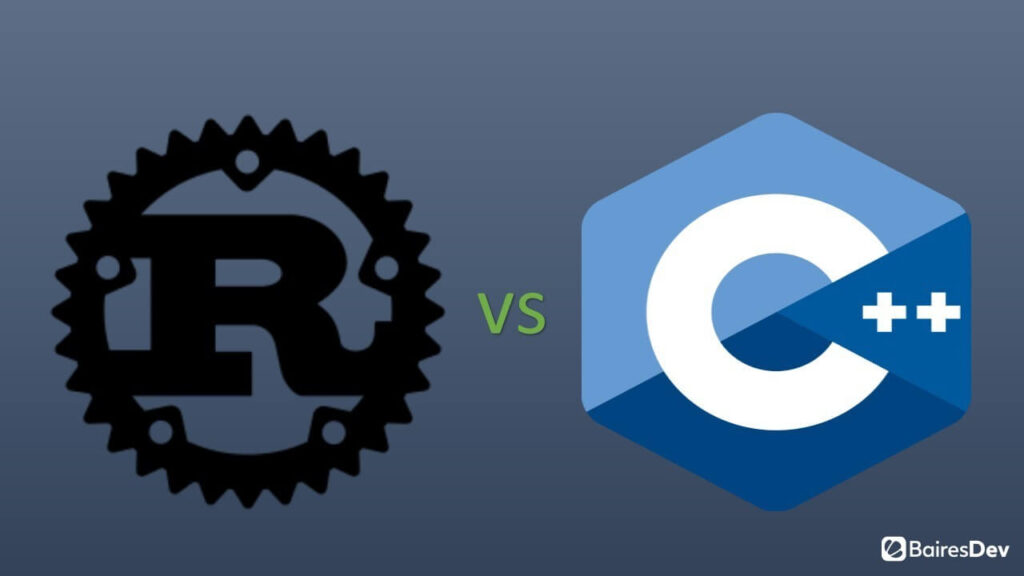When deciding whether to learn Python or C++ first, it’s important to consider your specific goals and interests. Python is known for its simplicity and readability, making it a great choice for beginners looking to quickly grasp programming concepts. It is widely used in various industries such as web development, data analysis, and artificial intelligence. On the other hand, C++ is a more complex and powerful language that is commonly used in software development, gaming, and system programming.
If you are interested in programming for web development, data analysis, or machine learning, starting with Python may be a more practical choice. Its easy syntax and large community support can help you get up and running quickly. However, if you are leaning towards a career in software engineering, game development, or system programming, learning C++ first may provide you with a strong foundation in low-level programming concepts and performance optimization. Ultimately, the decision between Python and C++ as a starting point depends on your goals, preferences, and the specific field you wish to pursue.
When it comes to starting your journey into programming, choosing the right language to begin with can be a daunting task. Two popular options that often come up are Python and C++. While both of these programming languages have their own merits, determining which one to learn first depends on various factors, such as your goals, personal preferences, and the field of application you are interested in.
Python: The Beginner-friendly Language
Python is often recommended for beginners due to its simplicity and readability. Its clean syntax and straightforward structure make it easy to learn and understand for newcomers. Python emphasizes code readability, which means you can express ideas in fewer lines compared to other languages. This simplicity allows beginners to focus on problem-solving rather than getting lost in complex syntax rules.
Python is extensively used in several fields, including web development, data analysis, artificial intelligence, and machine learning. Its large community and vast collection of libraries make it an excellent choice for beginners who want to quickly build projects and see tangible results. Python’s popularity also means that there are numerous online resources, tutorials, and communities available to support beginners along their learning journey.
Advantages of Learning Python First:
- Easy to learn and understand
- Readable and clean syntax
- Widely used in various domains
- Large community and extensive online resources
- Plenty of libraries for quick project development
C++: The Powerhouse for Performance
C++ is a powerful and versatile programming language used in a wide range of applications, including game development, systems programming, and embedded systems. While C++ might not be as beginner-friendly as Python, it offers unparalleled control over hardware resources and is known for its efficient performance.
Learning C++ can provide a solid foundation in programming concepts such as memory management, pointers, and low-level operations. This understanding can be advantageous if you plan to venture into fields where performance and optimization are critical. C++ is also the language of choice for highly demanding applications and resource-constrained environments.
Advantages of Learning C++ First:
- Powerful and efficient performance
- Control over hardware resources
- Solid understanding of programming concepts
- Widely used in game development and systems programming
- Preferred language for resource-constrained environments
Considerations for Choosing
Now that we have explored the advantages of learning both Python and C++, here are some factors to consider when deciding which language to learn first:
1. Goal and Application
Consider your ultimate goal and the specific application you have in mind. If you are interested in web development, data analysis, or artificial intelligence, Python might be the more suitable option due to its vast ecosystem and libraries tailored for these fields. On the other hand, if you aim to develop games or work on systems-level programming, learning C++ could be the better choice.
2. Learning Curve and Timeframe
Python is generally considered easier to learn compared to C++. Its focus on simplicity and readability makes it more beginner-friendly. If you have limited time or intend to see quick results, Python may be a better starting point. However, keep in mind that mastering any programming language requires consistent effort and practice.
3. Long-term Career Prospects
Consider the long-term prospects and employment opportunities associated with each language. Python’s popularity is continuously growing, and it is widely used in various industries, including finance, healthcare, and data science. C++, on the other hand, remains a fundamental language for software development, particularly in demanding performance-driven fields.
4. Personal Interests
Ultimately, your interest and enthusiasm for a particular language play a crucial role in your learning journey. If you are more drawn to specific applications that heavily rely on Python or C++, following your passion can provide motivation and enjoyment while learning.
The decision of whether to learn Python first or C++ depends on your individual preferences, goals, and intended applications. Python’s simplicity and versatility make it an excellent starting point for beginners interested in web development, data analysis, or machine learning. On the other hand, learning C++ can provide you with a solid foundation in performance-driven programming and systems-level development. Ultimately, both languages have their own strengths, and your choice should align with your long-term goals and personal interests.
Whether you should learn Python or C++ first depends on your specific goals and interests. Python may be a better starting point for beginners due to its readability and versatility, while C++ might be more suitable for those interested in systems programming or computer science fundamentals. Ultimately, it is advisable to consider your personal objectives and choose the language that aligns best with your learning path.














